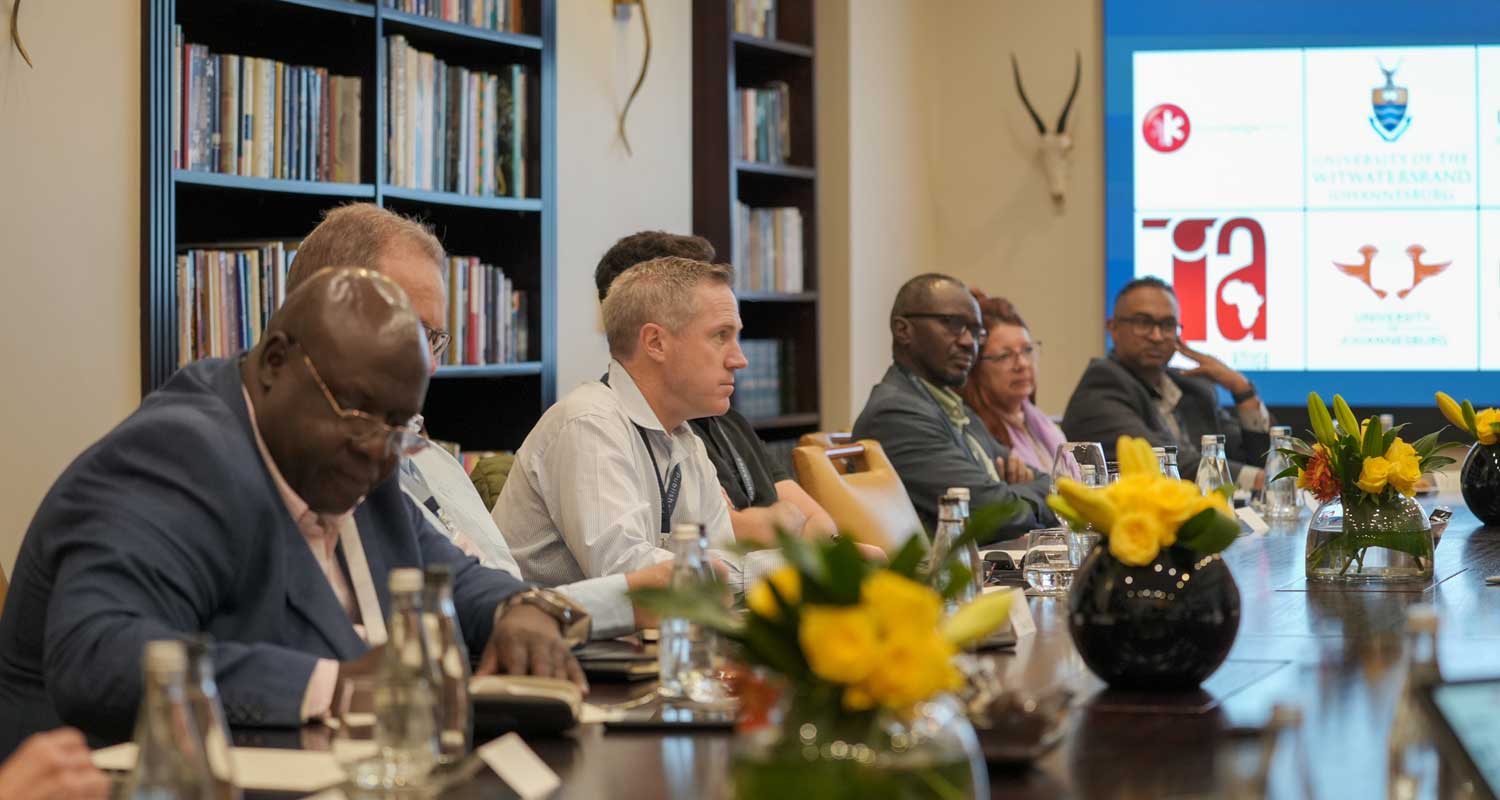 In a post-pandemic world, having the right people, processes and technology in place are key to delivering solutions that can have a meaningful impact on South Africa’s economy.
In a post-pandemic world, having the right people, processes and technology in place are key to delivering solutions that can have a meaningful impact on South Africa’s economy.
This was one of the key discussion points raised at a recent TechCentral roundtable event, hosted in partnership with Tarsus Distribution and Dell Technologies.
During the event, several of South Africa’s top small and medium-sized enterprises (SMEs) across the education, agricultural, broadcast and tourism industries shared their views on the challenges they face, as well as what can be done to address them.
Technology as an enabler
While SMEs had to rethink their cloud infrastructure, security and compliance postures during the pandemic, this wasn’t their only focus. They had to figure out how to do more with less, gain the skills they needed to thrive, and meet the needs of a wide range of users – all while working remotely.
Amid this juggling act, they still needed to help their clients harness the power of technology to improve their businesses.
Examples of how they are doing this included digitising check-ins at hotels, apps to connect farmers to markets to sell their produce, and optimising digital over-the-top (OTT) services across broadband connections.
Digital transformation
While the digitisation of businesses, the use of hyperscale cloud services, and “everything as a service” are key to success in this digital age, SMEs say they are being grilled by boards and executives. The C-suite wants to measure the business outcomes of their substantial IT investments — and whether they are making a difference to the bottom line.
It also emerged that having a solid strategy in place, proper planning, the appropriate skills, and the right partnerships are also key to implementing technology in a way that helps the business achieve tangible results, without adding too much complexity.
Co-operation and culture are key
This led to a discussion around the importance of building a culture of digital transformation that is infused throughout the business, its users, customers and partners. Attendees believe that this will ensure that all stakeholders follow a shared set of digital values and behaviours. Getting everyone on board with the vision was seen as critical for SMEs when it comes to using technology for the benefit of themselves, their verticals, and the country as a whole.
For SMEs to grow at a sustainable pace, all agreed that knowledge sharing and co-operation between companies from the same industries were key, and a pathway to solving common problems.
 Data
Data
Using data more effectively to gain real business insights was another issue that all agreed was integral to future growth and success.
Drilling down into specific verticals, some SMEs said the understanding of geospatial data was crucial to the agricultural, educational and business sectors.
Others claimed that given the challenges in the transport sector, and the growing penetration rates of fixed-line and high-speed mobile broadband in informal settlements, raised questions about how services could be more effectively delivered to these communities.
SMEs in the education sector had a common goal of delivering more affordable educational services to lower-income communities, which could ultimately help these communities through outsourcing opportunities as well as remote working options.
Get in touch
SMEs that would like assistance with their technology road map or modernisation or digital transformation strategies, can contact Tarsus Distribution here.
- This promoted content was paid for by the party concerned




